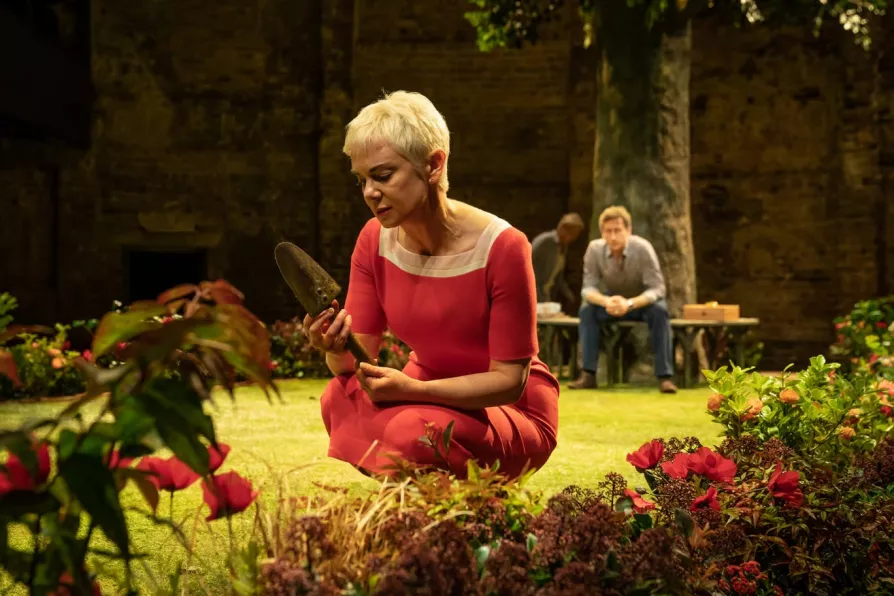RON JACOBS welcomes a timely history of the Anti Imperialist league of America, and the role that culture played in their politics

 EXCELLENT: Victoria Hamilton as Audrey in Albion
[Marc Brenner]
EXCELLENT: Victoria Hamilton as Audrey in Albion
[Marc Brenner]
THIS fine play from Mike Bartlett is wonderful theatre.
As the audience settles around the protruding set of a country garden, a first world war soldier wanders around the lawn and, picking up the soil of his country, inhales it like dope — a metaphor for what’s to come.
Enter 21st-century Audrey (Victoria Hamilton) who has left her business life in London to return and live in the place which has nostalgic connections with her childhood — its seductive comforts and reluctance for change — despite her constantly professing its importance.

JAN WOLF enjoys a British revival of the 1972 come of age farce/panto Pippin

JAN WOOLF is beguiled by the tempting notion that Freud psychoanalysed Hitler in a comedy that explores the vulnerability of a damaged individual

MARY CONWAY revels in the Irish American language and dense melancholy of O’Neill’s last and little-known play











